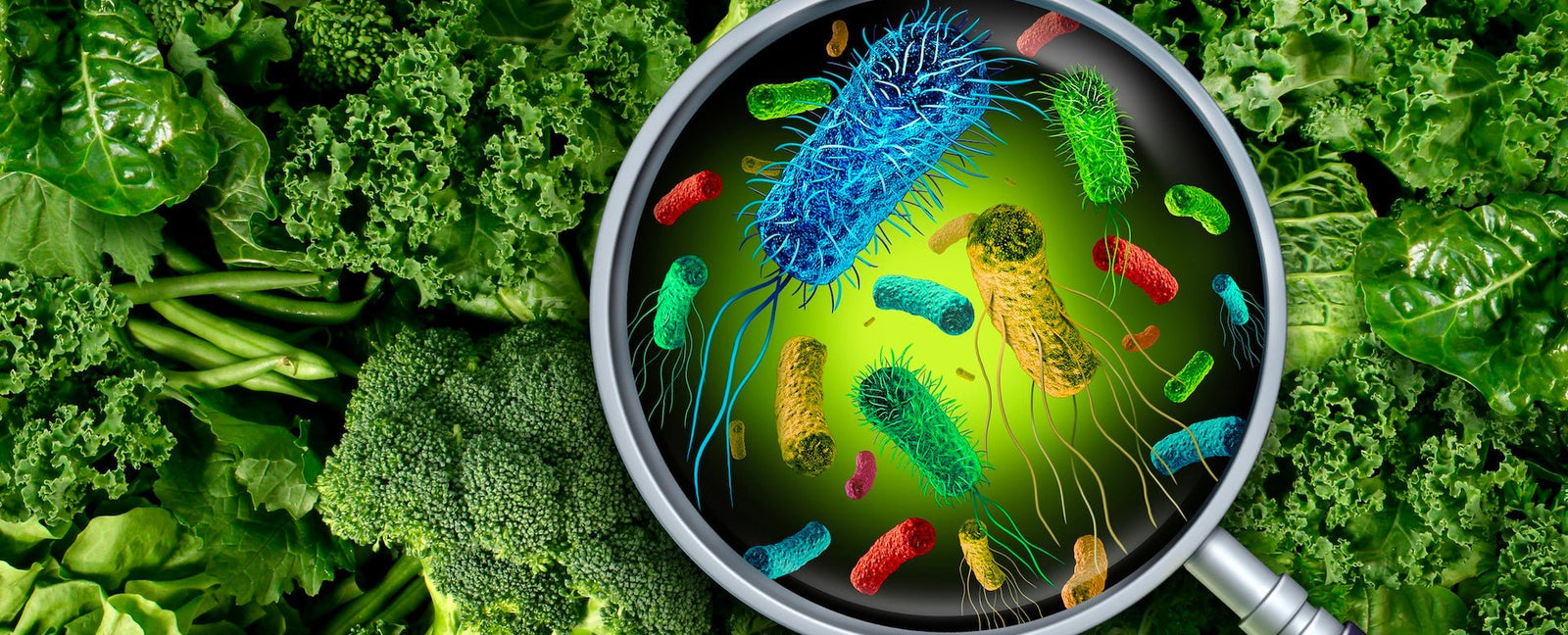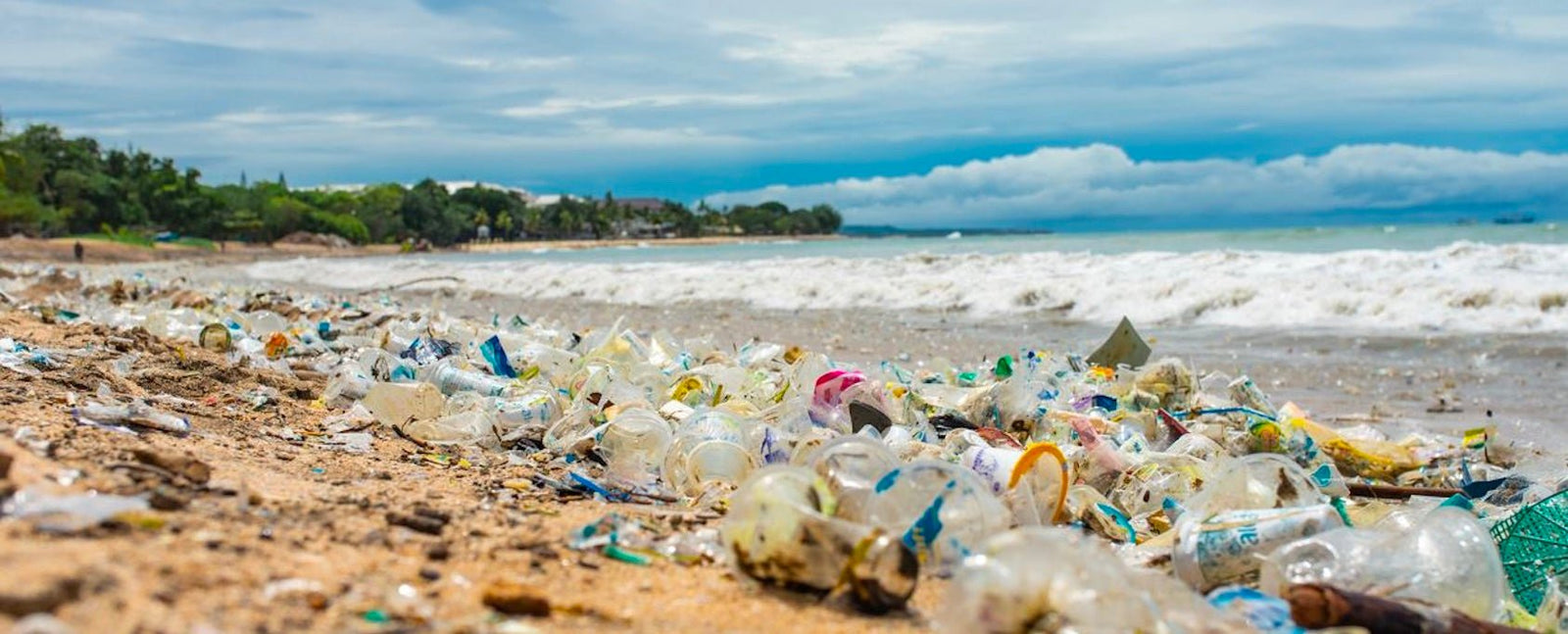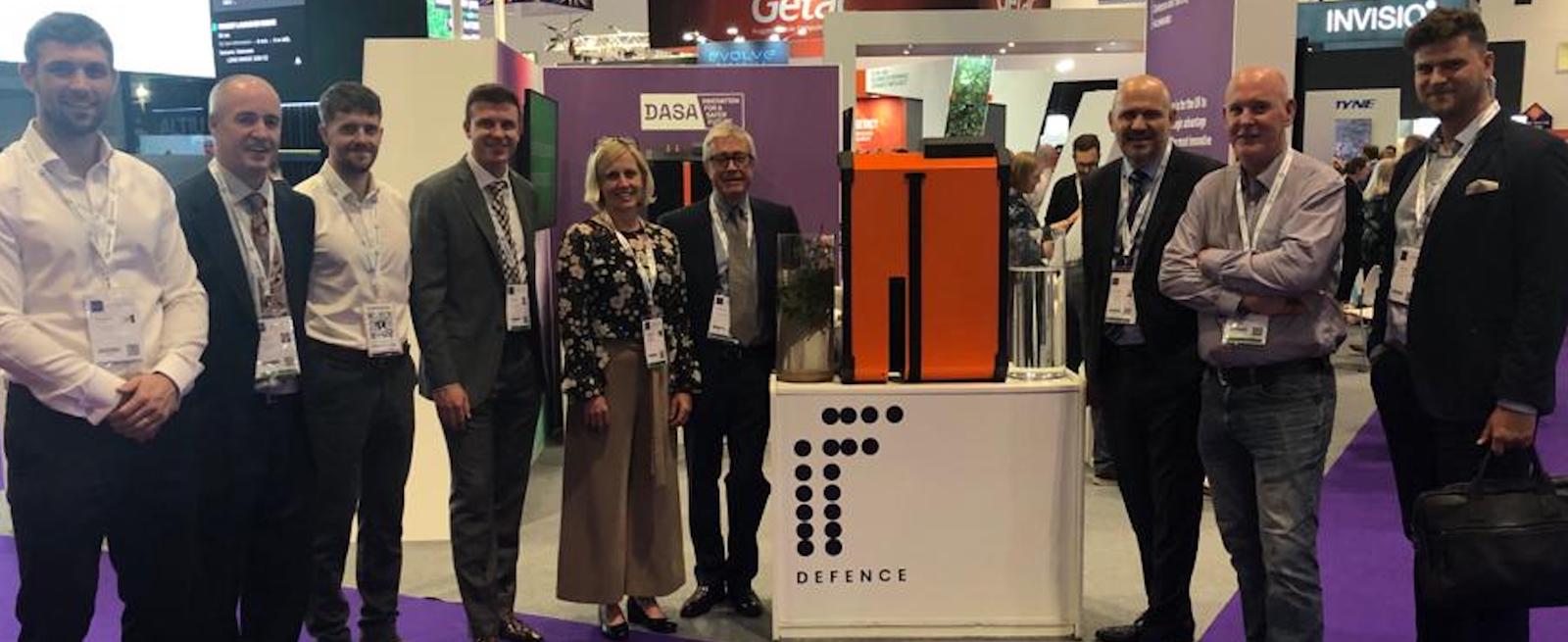
Common Illnesses Associated With Private Water Supplies
by Duncan Peters August 04, 2022 2 min read
Common illnesses associated with private water supplies
E.coli infection
-
coli bacteria live in animals' intestines, including humans. If any amount of E. coli bacteria is found in a water sample, it shows that human sewage or animal faeces has contaminated the supply. VTEC and STEC are particular types of E.coli that can cause serious illness to humans.
Some people who are infected may not have any symptoms, but an infection can cause kidney failure or even death. Young children and older adults are most at risk. Germs like E.coli, VTEC or Cryptosporidium, are commonly carried by farm animals. These germs can be present anywhere in the outdoors and may contaminate your water. Only a few bugs are needed to cause an infection, and it's not something you can build up an immunity to.
To avoid an E.coli infection, don't drink water from sources such as rivers, streams and lochs without treating it first. You should also make sure that your water source, or borehole, is properly sealed, and you should wash your hands thoroughly using running warm water and liquid soap.
Other gastrointestinal and stomach illnesses
Other bugs from human sewerage or animal faeces can contaminate your private water supply and cause gastrointestinal illness include:
-
salmonella
-
campylobacter
-
giardia
-
cryptosporidium
The health effects of drinking contaminated water can range from no physical impact, to severe illness or even death. Some of the symptoms of gastrointestinal infection from drinking contaminated water can be immediate, or may happen a few weeks later.
They include:
-
nausea
-
vomiting
-
cramps
-
diarrhoea
Cryptosporidium
This is a parasite which can be found in human and animal waste. Most healthy people recover from cryptosporidiosis infection within a few weeks. But it's a particular threat to people whose immune systems have been weakened by other illnesses, like HIV/AIDS, or certain treatments. If your immune system has been weakened and you're at risk of a serious illness, you should boil all your drinking water, no matter where it comes from.
To avoid a cryptosporidium infection, don't drink water from sources such as rivers, streams and lochs without treating it first. You should also make sure that your water source or borehole are properly sealed, and you should wash your hands thoroughly using running warm water and liquid soap.
Chemical poisoning from pesticides or nitrate
The presence of high levels of nitrates in well water is usually the result of farming activities like fertilizing, or seepage from septic systems. If nitrates are at levels above 10 milligrams per litre of water, infants may suffer from a condition known as methaemoglobinaemia, or 'blue baby syndrome'.This syndrome is caused by the nitrates interfering with the blood's ability to carry oxygen throughout the body.
Lead poisoning
Regular intake of even low levels of lead can have negative effects on your health, especially on brain development in babies in the womb, infants and young children.
Get more out of IF
Join our mailing list to learn more about our innovative technology, be the first in line to experience its benefits, and join a community of people who want better water and better health.



